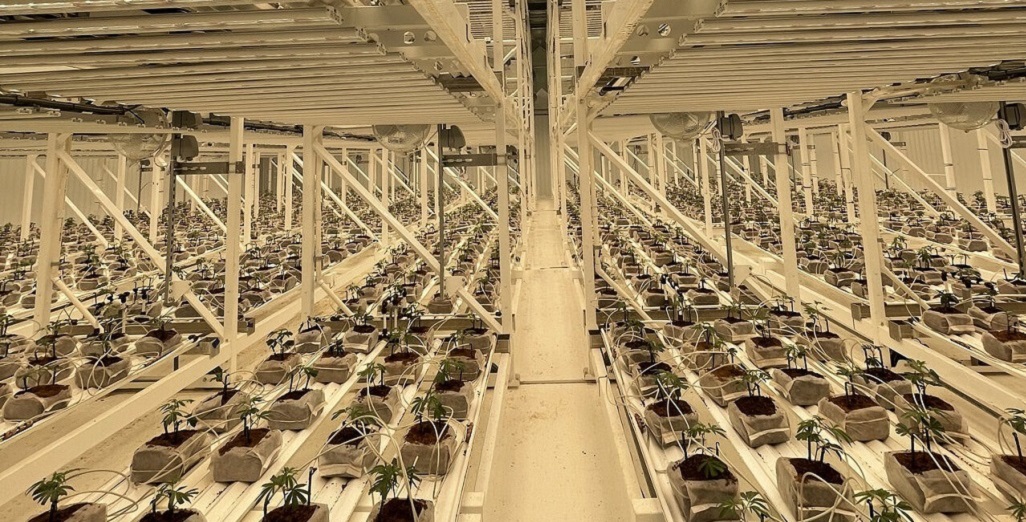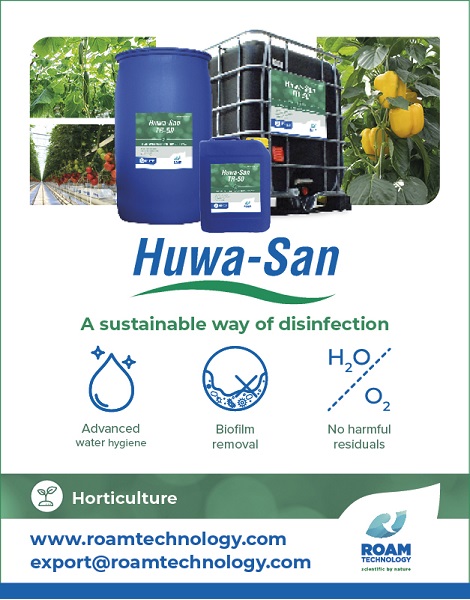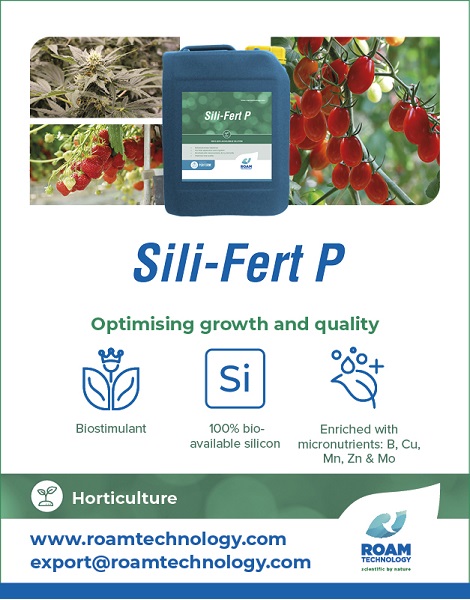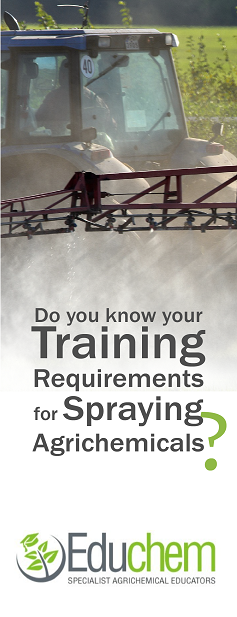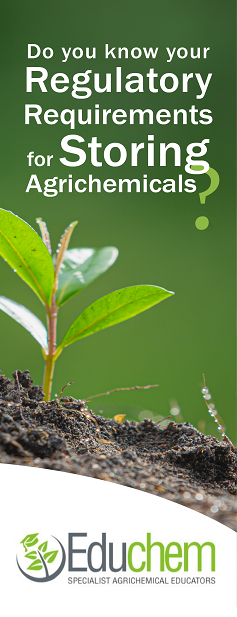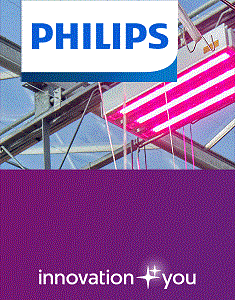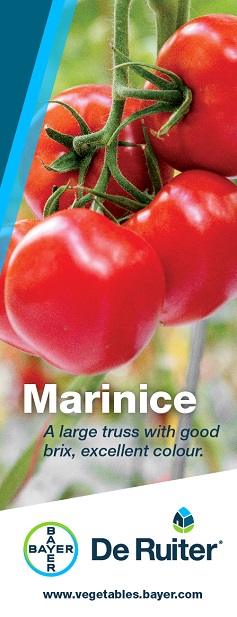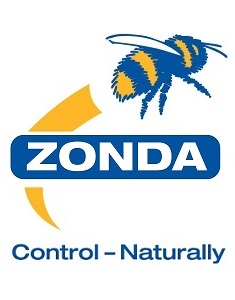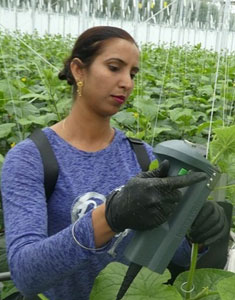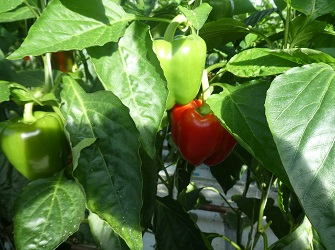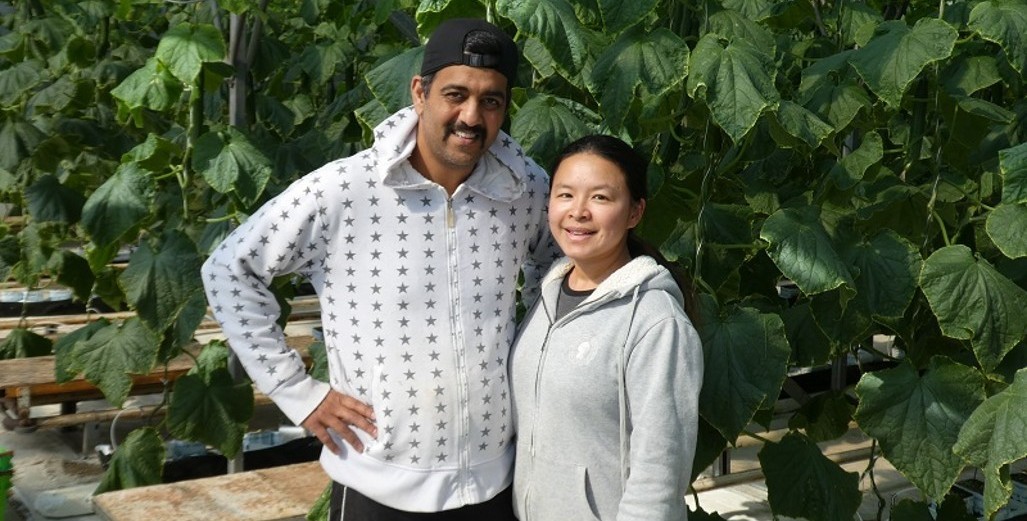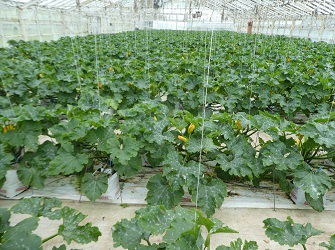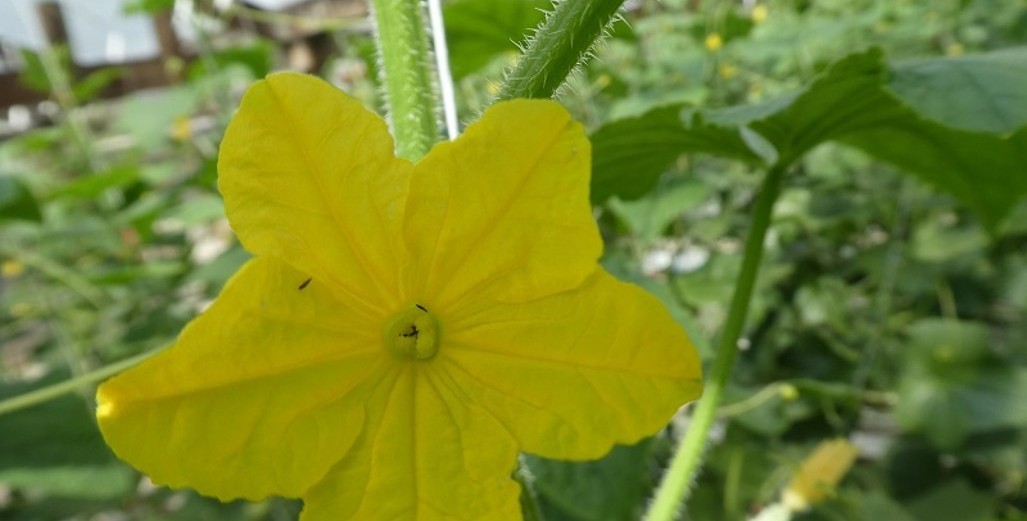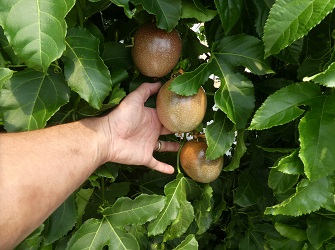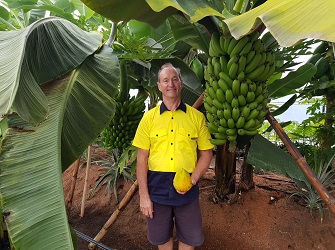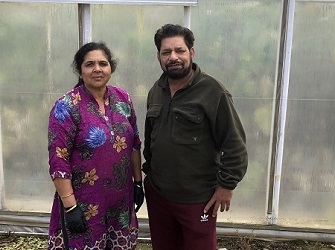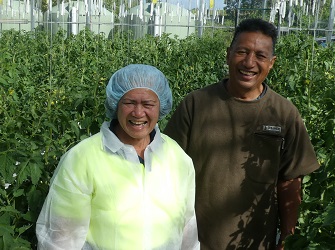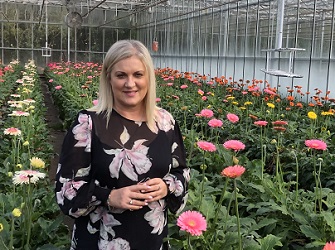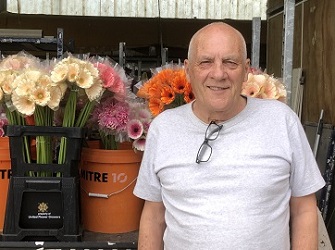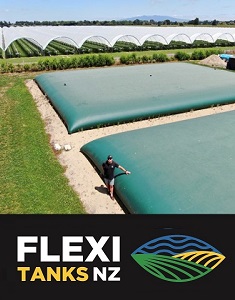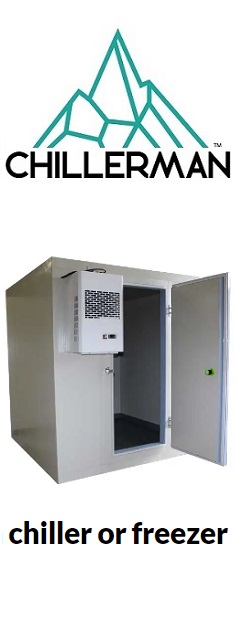Sign up here to subscribe to the Grower2grower Ezine. Every two weeks you will receive new articles, specific to the protected cropping industry, informing you of industry news and events straight to your inbox.
Jul 2023
Advancing Green Sanitation in Horticulture through On-Site Hydrogen Peroxide Production
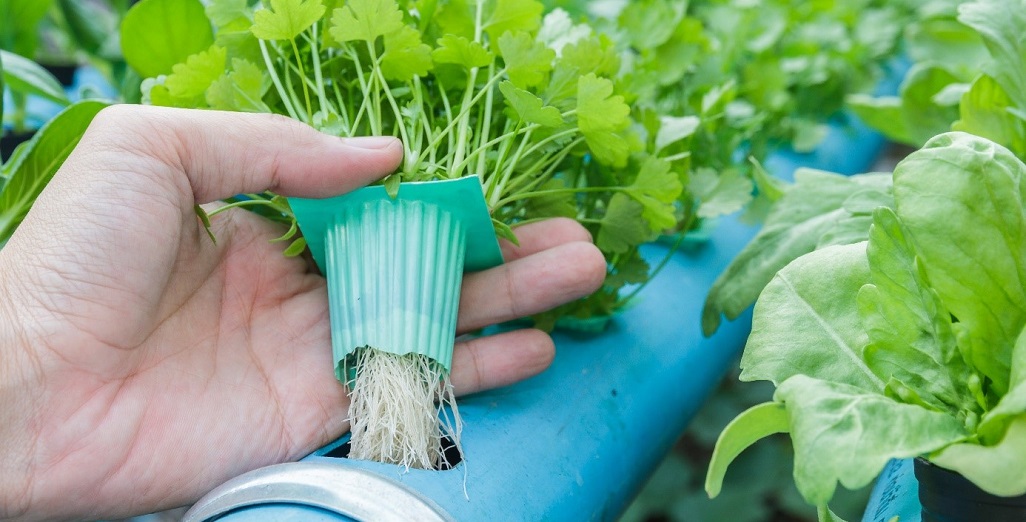
Sanitation is the unsung hero in horticulture, having significant implications for product quality and public health.
However, traditional sanitation methods in horticulture have not always been environmentally friendly or efficient. As the industry evolves to adopt more sustainable practices, there is an increasing need for green surface sanitation methods. Among the various alternatives that have emerged, one is particularly promising: the use of hydrogen peroxide (H2O2), especially when it is produced on-site from electricity and water.
Horticulture Sanitation: Traditional Methods and their Limitations
Conventionally, growers have used chemical sanitizers such as chlorine-based solutions, caustic soda, or acid-based sanitizers for equipment and surface sanitation. While these methods are generally effective, they are fraught with environmental concerns and safety issues. They generate harmful by-products, pose risks to worker health, and can potentially taint produce if not completely rinsed off surfaces.
In addition to environmental concerns, these methods also have inherent inefficiencies. Large volumes of water are needed for their application and subsequent rinsing, leading to high water consumption. Moreover, the lack of on-site production of these sanitizing agents means that growers rely heavily on external supply chains, which can pose challenges in terms of logistics and cost.
Therefore, the horticulture industry is actively exploring more sustainable, efficient, and safer alternatives for surface sanitation. This is where hydrogen peroxide comes into play.
Hydrogen Peroxide: A Powerful Green Sanitizer
Hydrogen peroxide is a potent oxidizing agent, which, according to scientific research, makes it effective in killing a wide range of microorganisms, including bacteria, yeasts, molds, and viruses.[1] It has a proven efficacy against a broad spectrum of organisms, including E. coli, Listeria and many others, according to an American Chemical Society study.[2] As an additional benefit, hydrogen peroxide decomposes into water and oxygen after use, leaving no harmful residues or by-products. This attribute not only ensures product safety but also significantly reduces the environmental footprint of horticulture sanitation practices.
Furthermore, hydrogen peroxide does not require extensive rinsing, thereby reducing water consumption compared to traditional sanitizing agents. Users have observed that its effectiveness at lower concentrations and temperatures also contributes to energy savings.
While hydrogen peroxide has been used as a sanitizer in various industries for some time, its adoption in the horticulture industry is relatively recent. This delay can be attributed primarily to concerns about the handling and storage of concentrated hydrogen peroxide solutions, which are highly reactive and potentially hazardous.
On-Site Hydrogen Peroxide Production: A Game-Changer in Horticulture Sanitation
To circumvent the issues related to the storage and handling of concentrated hydrogen peroxide, innovative solutions have been developed for its on-site production from electricity and water. One such solution is offered by HPNow, a company that leverages advanced electrolysis technology to generate hydrogen peroxide on demand.
The HPNow system utilizes an electrochemical process known as the ‘Direct Synthesis Method.’ In this process, oxygen from the air and water are recombined in the presence of a catalyst, forming hydrogen peroxide.
The on-site production of hydrogen peroxide has several benefits. First, it eliminates the need for storage and handling of hazardous concentrated solutions, significantly reducing safety risks. Secondly, it also allows for the generation of hydrogen peroxide at the required concentrations, preventing the waste associated with overproduction or degradation over time.
Moreover, the process can be powered by renewable electricity sources. It reduces dependence on external supply chains, offering increased resilience and cost savings in the face of market fluctuations and logistical challenges.
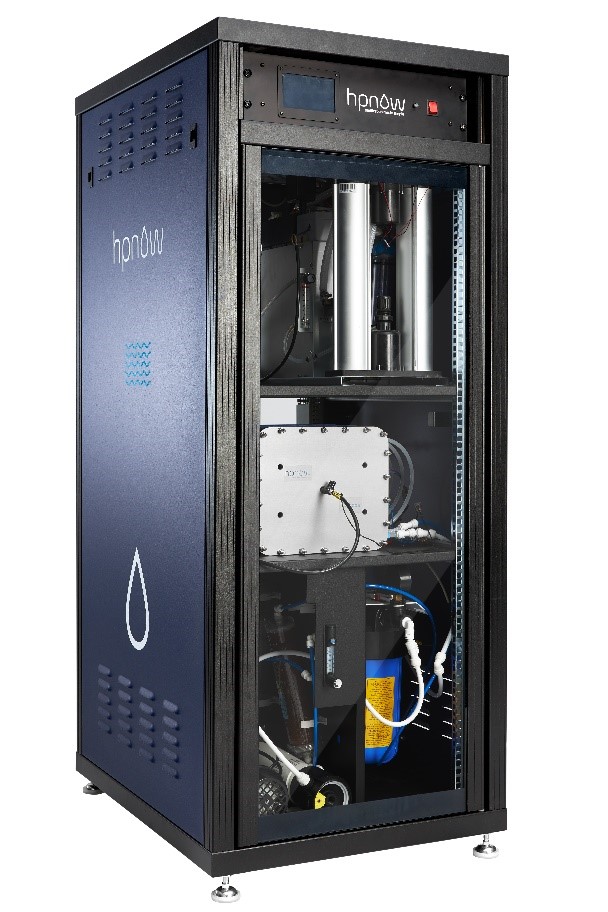
The Science Behind the Effectiveness of Hydrogen Peroxide in Horticulture Sanitation
Hydrogen peroxide’s efficacy as a sanitizer is due to its strong oxidizing properties, research has shown. When it comes into contact with microorganisms, it disrupts essential cellular components, such as proteins, lipids, and DNA, leading to cell death.[3] Following use, hydrogen peroxide will break down into water and oxygen, without leaving any byproducts behind.
A study by the Australian Wine Research Institute has demonstrated the effectiveness of hydrogen peroxide against common spoilage organisms, including Brettanomyces and Acetobacter. The researchers found that even at low concentrations, hydrogen peroxide effectively eliminated these organisms without affecting the quality of the wine.[4]
The Future of Green Sanitation in Horticulture: Advantages and Challenges
The adoption of on-site hydrogen peroxide production in greenhouses and vertical farms holds immense potential, allowing growers to significantly reduce their environmental footprint, in their quest to enhance product quality and safety.
However, as with any emerging technology, the widespread adoption of this method faces challenges. Growers must invest in the necessary infrastructure and train staff in the operation and maintenance of the new systems. The initial cost might be a deterrent for small-scale growers. However, the long-term savings in terms of reduced water and energy use, decreased dependence on external suppliers, and enhanced product safety and quality are compelling arguments for this investment.
In conclusion, on-site production of hydrogen peroxide is a promising pathway towards greener surface sanitation in horticulture. While initial investment and training requirements might pose challenges, the environmental, safety, and efficiency benefits it offers make it a compelling alternative to traditional methods. As the industry continues to evolve towards more sustainable practices, solutions such as those offered by HPNow could become central to the cultivation process.
About HPNow
HPNow addresses growing global challenges in clean water and sanitation through its range of on-site, autonomous, safe and sustainable hydrogen peroxide generation solutions. Headquartered in Copenhagen, and with representation across Europe, the Americas and Asia, they address their clients’ water treatment needs in market segments ranging from agriculture and aquaculture, to industrial and drinking water treatment. HPNow is a technology and market leader in on-site generation of hydrogen peroxide, and is continuously striving to further advance its technology and products in order to meet growing market needs and rising global demand.
[1] https://pubmed.ncbi.nlm.nih.gov/30594743/
[2] https://pubs.acs.org/doi/abs/10.1021/bk-2015-1203.ch024
[3] https://pubs.acs.org/doi/abs/10.1021/bk-2015-1203.ch024
[4] https://pubmed.ncbi.nlm.nih.gov/30594743/
To learn more click onto the link www.hpnow.eu

For all media releases please send to marie@grower2grower.co.nz or upload directly: https://www.grower2grower.co.nz/article-form/
CLASSIFIED
Photo
Gallery
Subscribe to our E-Zine
More
From This Category
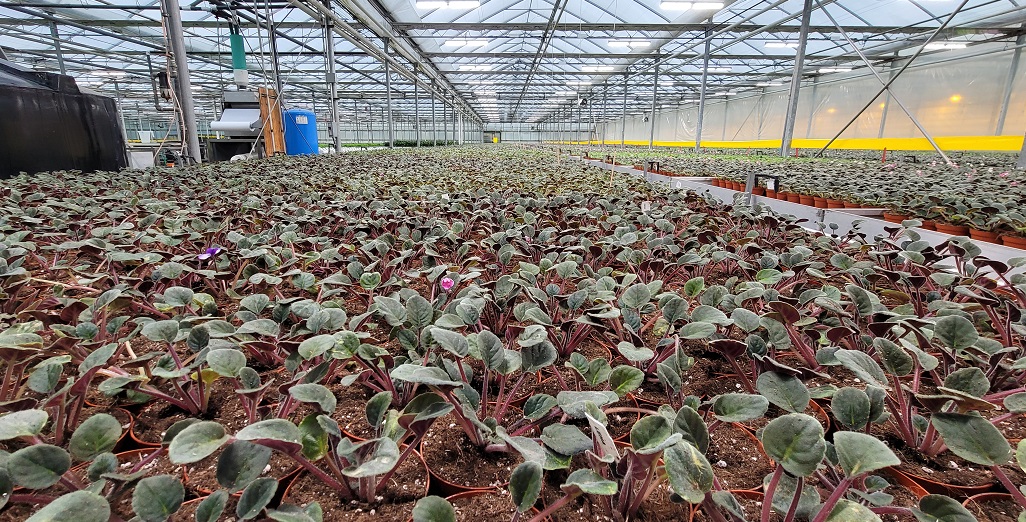
Free Webinar on Controlling Waterborne Pathogens in Greenhouses

Whitepaper elaborates on safe recirculation of irrigation water
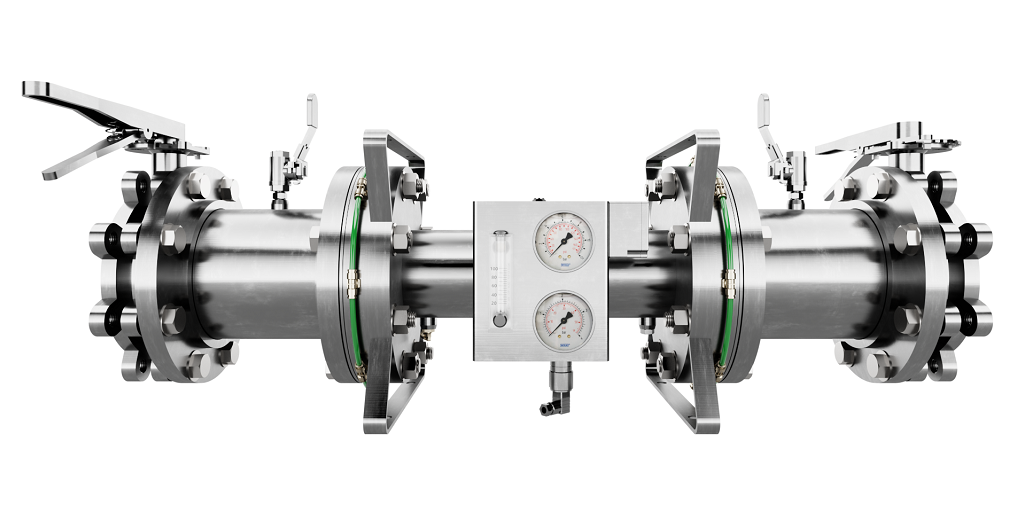
Introducing Moleaer’s Trinity: Revolutionizing Agriculture with Advanced Nanobubble Technology
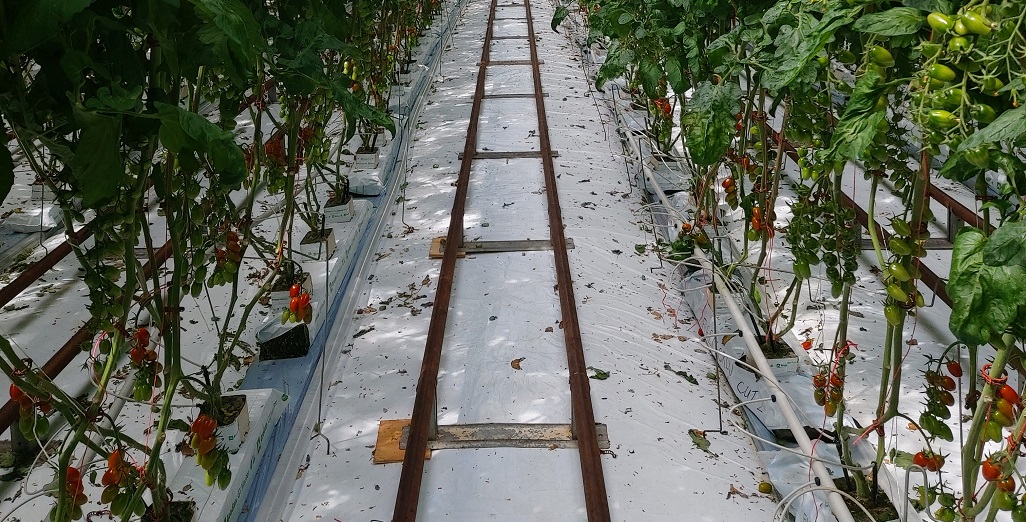
Fleecegrow turning wool into substrates a reality – GROWER SURVEY
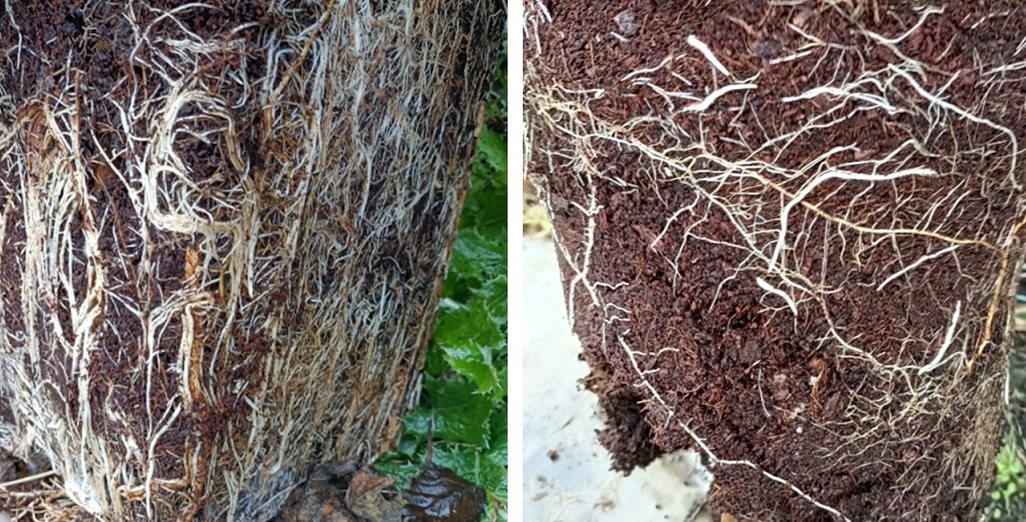
Synergy – protect plants from various soil-borne pathogens.
